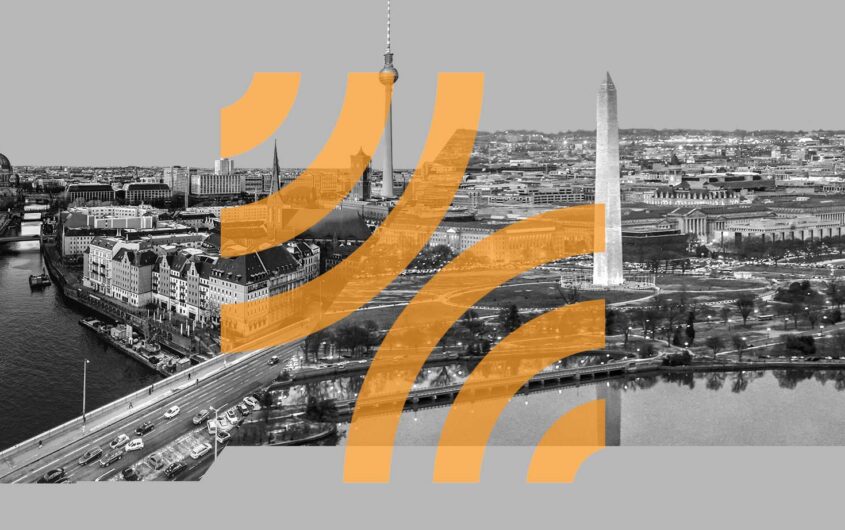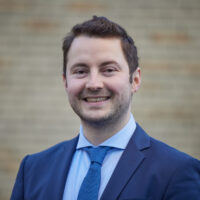AGI News
Philip Nock, DAAD/AGI Research Fellow


Philip Nock
University of Bonn
Philip Nock is a DAAD/AGI Fellow in September and October 2024. He works as a research fellow at the University of Bonn's Center for Advanced Security, Strategic and Integration Studies (CASSIS) and is part of the research group Infrastructures of China’s Modernity. There he is also pursuing his PhD, titled “Awakening to the Era of Weaponized Interdependence? Semiconductor Production Networks, Sino-U.S. Tech Competition, and European Responses,” under the supervision of Prof. Dr. Xuewu Gu and Jun.-Prof. Dr. Maximilian Mayer. He holds an MA in Political Science and a BA in History, Politics, and Society from the University of Bonn.
At AGI, Philip Nock will research semiconductor technology and re-shoring initiatives. During his fellowship, he will develop recommendations for better U.S.-German policy coordination by harnessing the complementary strengths of U.S. and German industry and research (and those of third partners). For this purpose, he will map existing re-shoring initiatives and projects in the United States and Germany planned since 2020, analyze German and U.S. legislation and strategic documents, and conduct expert interviews to identify areas of misalignment.
AGI is pleased to welcome Philip Nock as a DAAD/AGI Fellow in September and October 2024. He works as a research fellow at the University of Bonn’s Center for Advanced Security, Strategic and Integration Studies (CASSIS) and is part of the research group Infrastructures of China’s Modernity. There he is also pursuing his PhD, titled “Awakening to the Era of Weaponized Interdependence? Semiconductor Production Networks, Sino-U.S. Tech Competition, and European Responses,” under the supervision of Prof. Dr. Xuewu Gu and Jun.-Prof. Dr. Maximilian Mayer. He holds an MA in Political Science and a BA in History, Politics, and Society from the University of Bonn.
At AGI, Philip Nock will research semiconductor technology and re-shoring initiatives. During his fellowship, he will develop recommendations for better U.S.-German policy coordination by harnessing the complementary strengths of U.S. and German industry and research (and those of third partners). For this purpose, he will map existing re-shoring initiatives and projects in the United States and Germany planned since 2020, analyze German and U.S. legislation and strategic documents, and conduct expert interviews to identify areas of misalignment.








